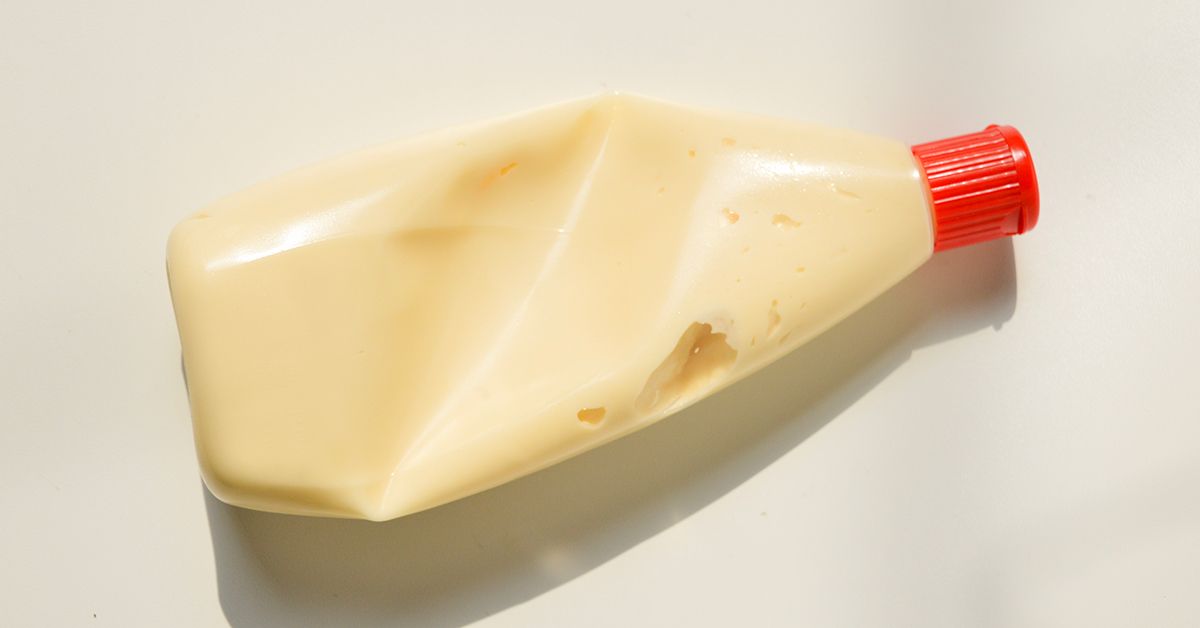How Emulsifier In Food Stops Phase Separation in Sauces
Reveal the Benefits of Utilizing an Emulsifier in Food for Improved Culinary Experiences
Emulsifiers are often overlooked yet important parts in culinary practices. They help with the blending of inconsonant active ingredients, enhancing both flavor and texture. By making sure stability, emulsifiers protect against the undesirable splitting up of mixes. Their convenience extends numerous applications, from sauces to dressings. Understanding their function can lead to substantial improvements in food quality and presentation. What certain benefits do emulsifiers provide that can change day-to-day recipes right into amazing cooking experiences?
Comprehending Emulsifiers: What They Are and Exactly how They Function
Emulsifiers play a necessary duty in the food sector, working as agents that facilitate the mixing of water and oil, 2 compounds that usually do not blend. These compounds possess both hydrophilic (water-attracting) and hydrophobic (oil-attracting) residential or commercial properties, enabling them to support combinations by lowering the surface area stress between both stages. Usual emulsifiers consist of lecithin, mono- and diglycerides, and specific proteins.
When included in food items, emulsifiers produce a secure emulsion, protecting against splitting up and making certain a consistent texture - Emulsifier In Food. They are vital in lots of applications, ranging from salad dressings and mayonnaise to ice cream and sauces. By keeping the stability of mixtures, emulsifiers not only improve the aesthetic charm of food but likewise improve mouthfeel and consistency. Their capability to stabilize solutions makes them important in modern food formulation, contributing considerably to the high quality and rack life of numerous items
The Duty of Emulsifiers in Taste Improvement
While often ignored, emulsifiers substantially contribute to flavor improvement in food. They play an important function in improving the overall taste experience by ensuring that flavor compounds are equally distributed throughout a recipe. By stabilizing emulsions, such as dressings or sauces, emulsifiers protect against the splitting up of oil and water, permitting tastes to blend together a lot more effectively. This consistent distribution not only increases the preference however additionally assures that each bite is regularly tasty.
Emulsifiers can boost the assumption of particular flavors, making them much more noticable on the taste buds. They may interact with certain components, assisting to release volatile flavor compounds that add to a dish's fragrant profile. Subsequently, making use of emulsifiers can considerably elevate the culinary experience, changing straightforward recipes right into complex and wonderful flavor journeys. Their subtle yet impactful role in flavor enhancement must not be underestimated in the art of food preparation.
Emulsifiers and Texture: Creating Creamy and Velvety Dishes
The effect of emulsifiers extends past flavor enhancement to the domain of texture, where they contribute in developing creamy and silky meals. By promoting the consistent distribution of fats and water, emulsifiers make it possible for the formation of stable solutions, causing an elegant mouthfeel. This is especially obvious in products like mayonnaise, sauces, and dressings, where a smooth, luscious uniformity is wanted.
Emulsifiers such as lecithin and mono- and diglycerides function to minimize surface area tension in between components, permitting an unified mix that boosts the sensory experience. The creamy texture attained via emulsification can elevate meals, making them a lot more enjoyable and attractive. In addition, the capacity to create a velvety texture allows chefs to integrate different active ingredients without compromising uniformity, bring about cutting-edge culinary productions. Basically, emulsifiers play a necessary article source role in transforming normal dishes right into remarkable culinary experiences with structure enhancement.
Stability Issues: How Emulsifiers Prevent Separation
A vital element of culinary emulsifiers is their capacity to stop splitting up, making sure that items preserve their desired texture and look in time. Emulsifiers operate by maintaining combinations of oil and water, which normally tend to divide due to differences in density and polarity. By minimizing surface tension at the oil-water interface, emulsifiers facilitate the formation of steady solutions, enabling a consistent circulation of ingredients.

Usual Emulsifiers in Food Preparation and Their Applications
Comprehending the numerous emulsifiers typically made use of in food preparation discloses their significant duties in boosting food appearance and stability. Lecithin, stemmed from egg yolks or soybeans, is extensively employed in mayo and salad dressings, giving a velvety consistency. Mustard, likewise an emulsifier, aids in supporting vinaigrettes while conveying taste.


Another preferred emulsifier is xanthan periodontal, frequently utilized in gluten-free baking and sauces for its thickening homes. Guar periodontal serves a similar purpose, enhancing the appearance of gelato and dairy products.
Mono- and diglycerides, often found in refined foods, assistance enhance service life and keep appearance. Lastly, casein, a milk protein, is used in cheese-making and linked here luscious sauces, adding to a smooth mouthfeel. Each of these emulsifiers plays a necessary function in culinary applications, ensuring preferable structures and avoiding splitting up in diverse foodstuff.
Frequently Asked Inquiries
Are Emulsifiers Safe for People With Food Allergies?
Emulsifiers can be safe for people with food allergies, relying on the particular emulsifier made use of. It is important to identify the resource of the emulsifier, as some may activate allergic responses in delicate individuals.
Just How Do Emulsifiers Affect the Nutritional Web Content of Food?
Emulsifiers can influence the dietary content of food by improving nutrient absorption and enhancing texture. Nevertheless, their presence might additionally water down certain nutrients, depending upon the food matrix, possibly modifying overall dietary value.
Can Emulsifiers Be Used in Vegan Food Preparation?
Emulsifiers can be efficiently made use of in vegan food preparation, providing structure and security to recipes. Plant-based emulsifiers like lecithin, stemmed from soy or sunflower, assistance mix active ingredients, enhancing the overall high quality of vegan cooking productions.
What Are the Ecological Impacts of Emulsifier Production?
The environmental effects of emulsifier manufacturing usually include deforestation, water pollution, and high energy intake. Furthermore, some resources of emulsifiers can add to biodiversity loss, raising issues concerning sustainability in food production practices.
How Do Emulsifiers Compare to Natural Thickeners in Cooking?
Emulsifiers provide smoother textures and improved stability compared to natural thickeners, which can impart distinct flavors - Emulsifier In Food. While emulsifiers boost mouthfeel and look, all-natural thickeners give even more health and wellness advantages and can add to the meal's flavor profile
When included to food items, emulsifiers develop a steady emulsion, avoiding separation and guaranteeing an uniform texture. While often overlooked, emulsifiers significantly contribute to taste improvement in food products. Understanding the numerous emulsifiers generally made use of in food preparation reveals their significant duties in boosting food structure and stability. Emulsifiers can be secure for people with food allergies, depending on the particular emulsifier used. Emulsifiers can affect the dietary material of food by enhancing nutrient absorption and improving texture.